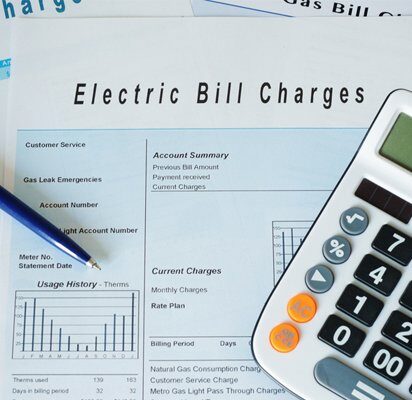Monday 5 November 2018
A rebounding economy must be a good thing… or is it?

The global economy rebounding could see the Paris Agreement targets slip out of reach.
That's the warning from Capgemini, which has released a new report showing greenhouse gas emissions increased by 1.4% last year, following three years of stagnation.
It says this rise is driven by economic growth stimulating increased energy demand, threatening the "already fragile" objectives in place, despite European carbon prices quadrupling from €5 (£4.38) per tonne in early 2017 to €20 (£17.50) last month.
Global energy demand increased by 2.1% in 2017, compared with 0.9% the previous year - 72% of the rise was met by fossil fuels, a quarter by renewables, and the remainder by nuclear.
Global energy-related carbon dioxide emissions grew by 1.4% in 2017, reaching a historic high of 32.5 gigatonnes, after three consecutive years of remaining fairly static. The US, UK, Mexico and Japan were exceptions to this trend.
Capgemini suggests the worsening situation is compounded by many countries' technical limitations and the cost of development regarding renewables, meaning a shift to large-scale decarbonisation is "far off" for the majority.
The report also outlines how China, which is the world’s second largest consumer of gas and electricity and the main emitter of greenhouse gases, is becoming a dominant player in the energy sector.
It predicts electricity storage, electric vehicles and nuclear reactors are likely to make up the next wave of Chinese equipment exports.
A new study shows only 16 countries have domestic greenhouse gas reduction targets clearly matching their Paris Agreement commitments.




